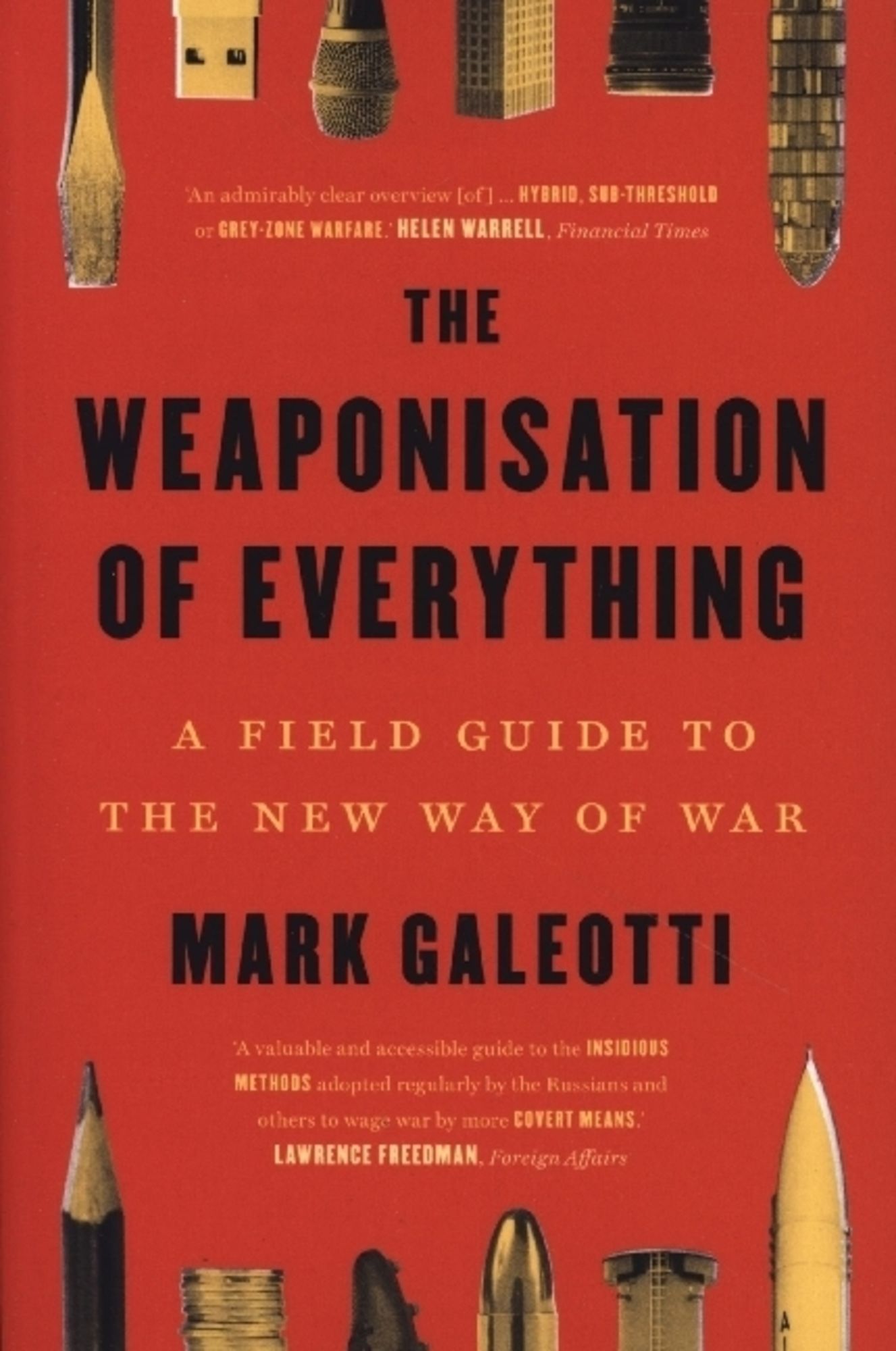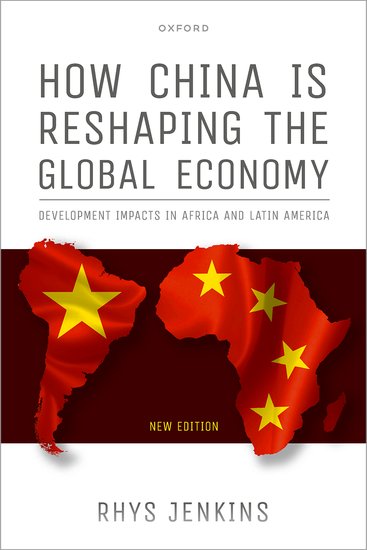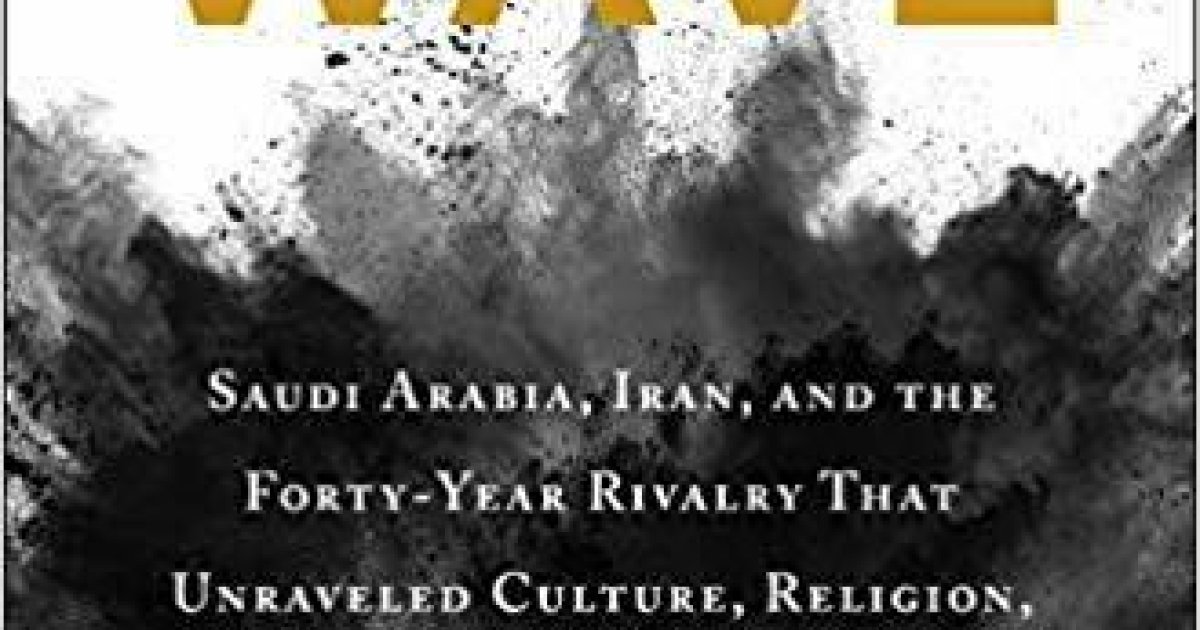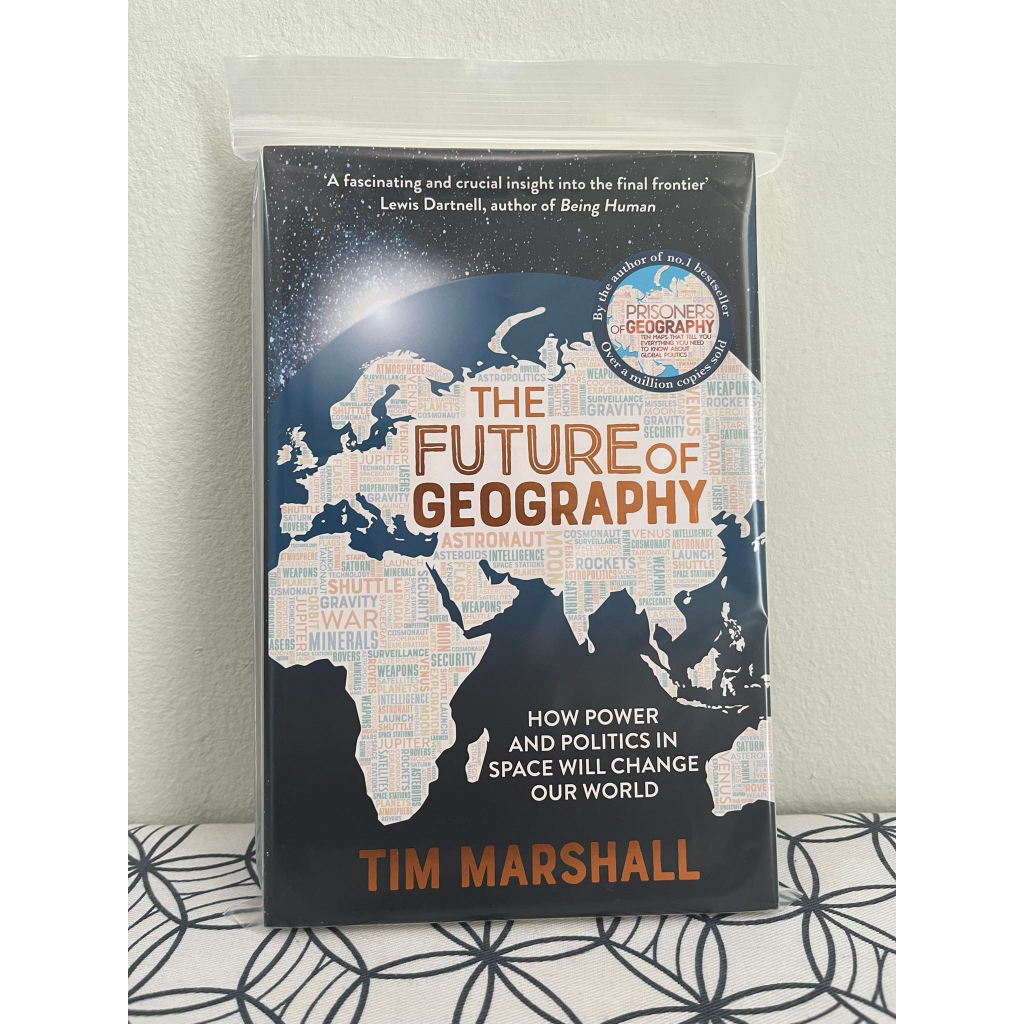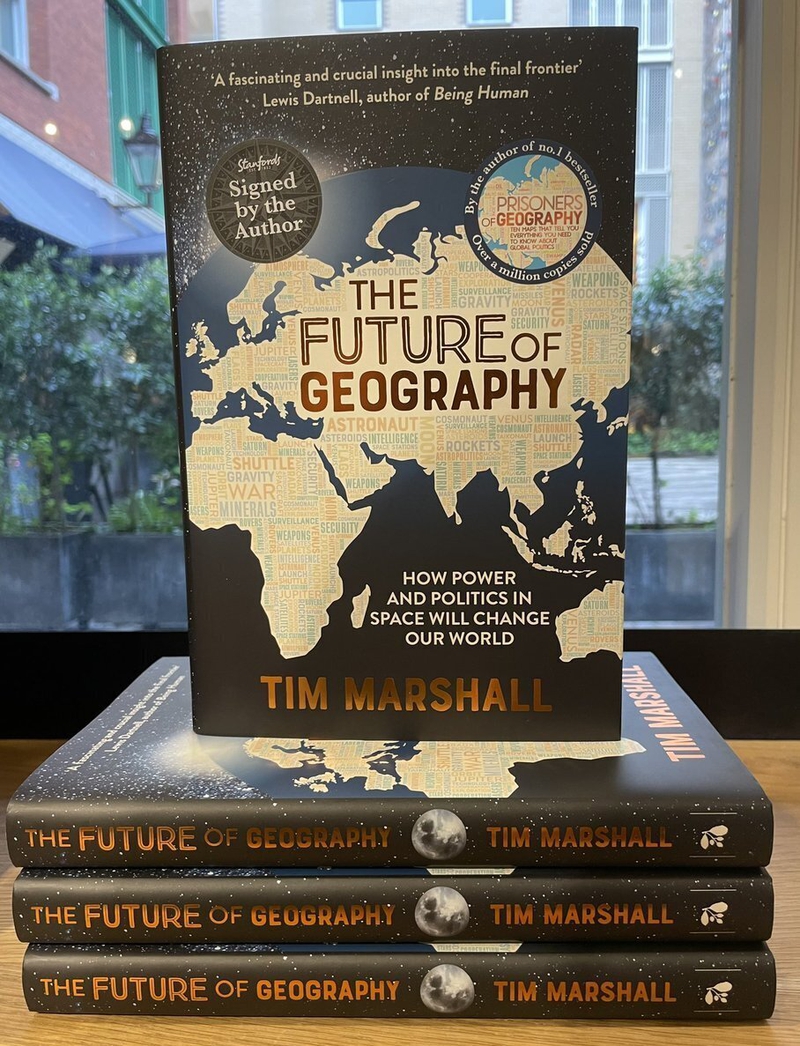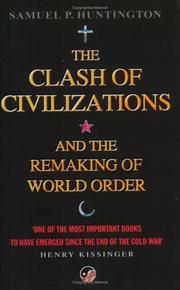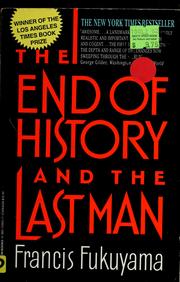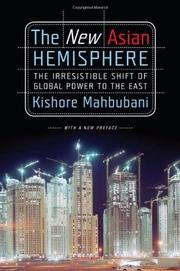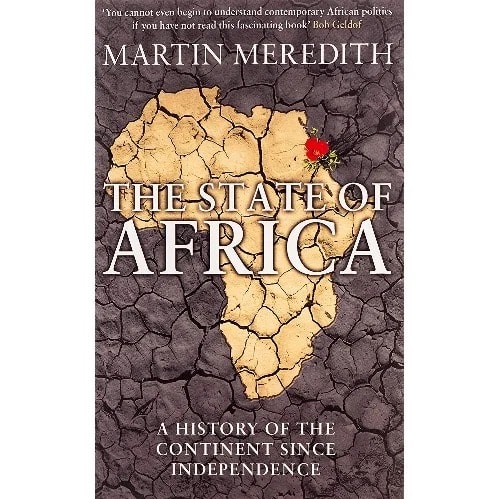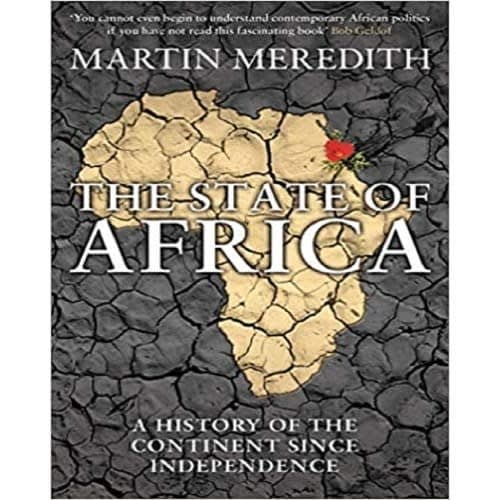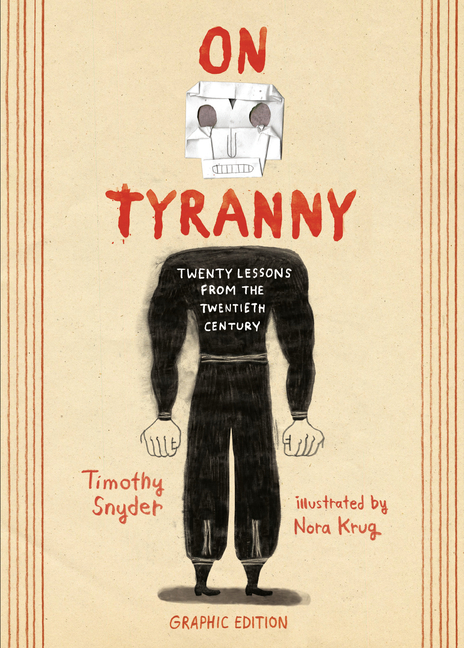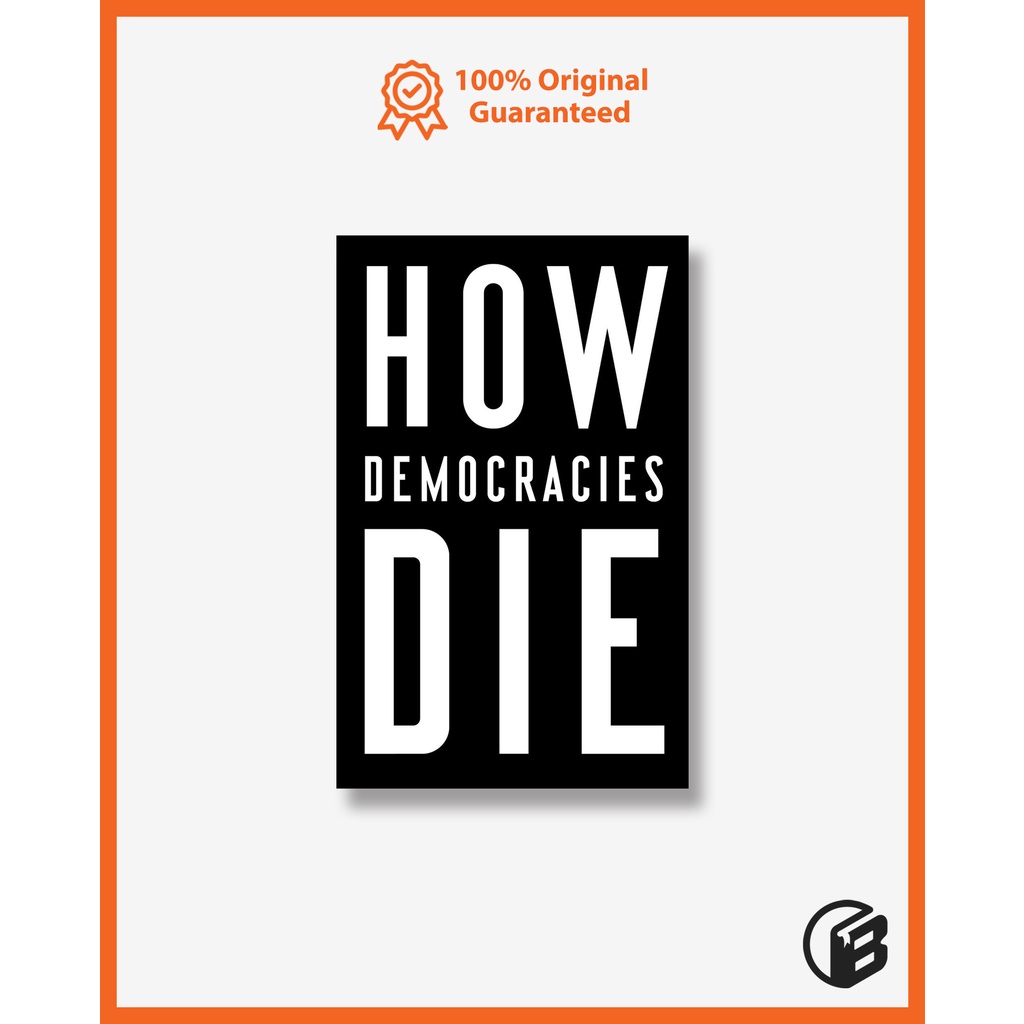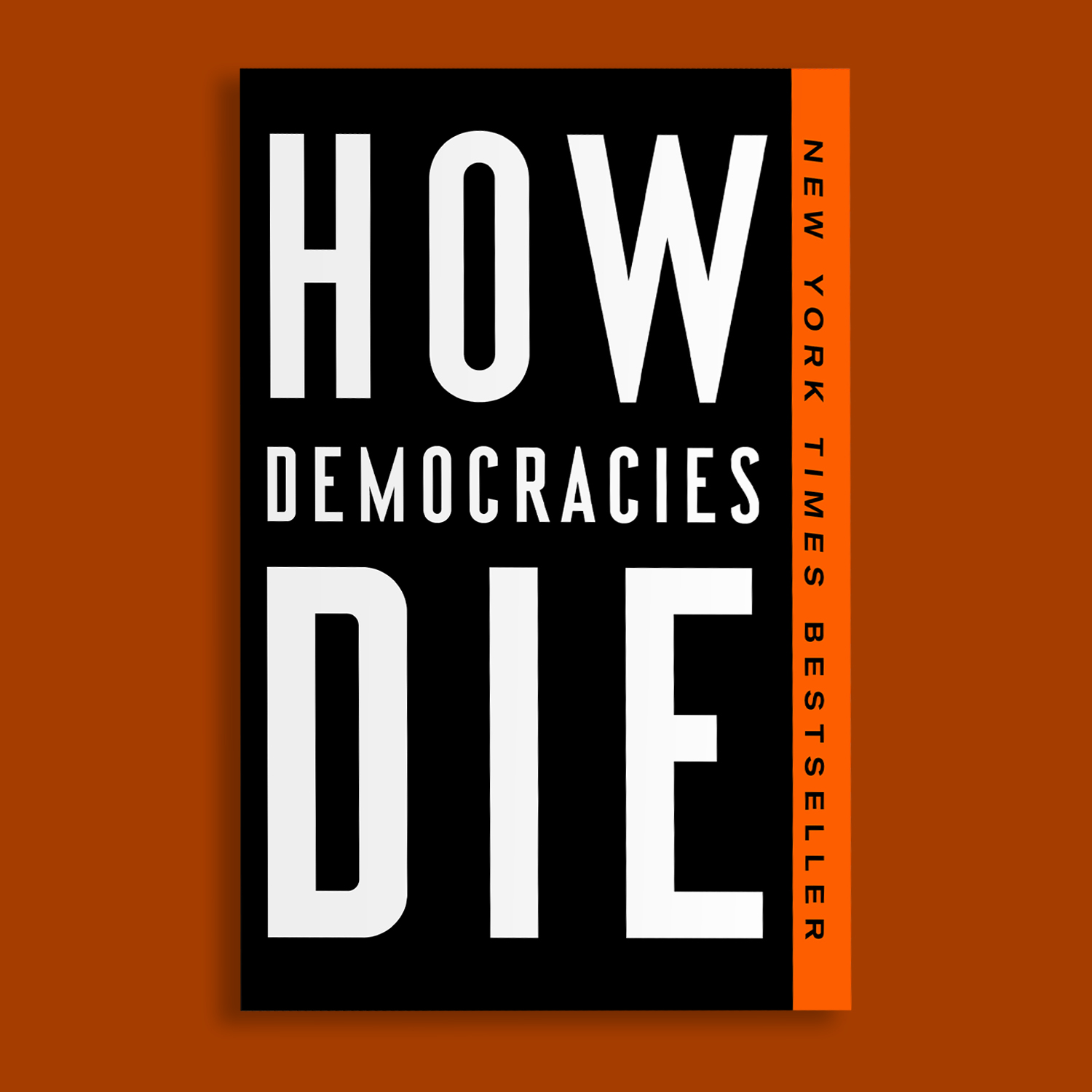Calder Walton’s exploration of the covert struggle between Russia and Western allies, emphasizing the current relevance of espionage in global conflicts.[1]
Jennifer E. Sims argues that superior intelligence can lead to quicker and better decision-making in international affairs, making it crucial for understanding current geopolitical dynamics.[1]
Ronen Bergman’s account of Israel’s covert assassination operations, contextualizing Israel's ongoing conflicts with its neighbors in modern geopolitics.[1]
Mark Galeotti discusses how modern conflicts increasingly involve non-military means, providing insight into the evolving nature of warfare and security practices.[1]
This book examines the changes in globalization and how nations and organizations need to adapt to new regional power dynamics.[1]
Philip Bobbitt redefines the nature of the state and its capacity to protect citizens in the context of modern threats, relevant to understanding political changes like Brexit and the wars in Ukraine.[1]
Kim Ghattas’ detailed account of the historical and ongoing rivalry between Saudi Arabia and Iran affecting regional politics.[1]
Dr. Mark Edele outlines the historical context and implications of the ongoing conflict between Russia and Ukraine.[1]
Tim Marshall explores the growing significance of space in geopolitics, framing it as a critical arena for future power struggles.[1]
Scott Rozelle and Natalie Hell analyze the rural developmental challenges in China, linking them to broader economic implications for global markets.[6]
Chris Miller’s analysis of the semiconductor industry, highlighting its critical role in global technology and economic competition, especially between the US and China.[6]
Meredith outlines post-colonial challenges and successes of African nations, necessary for understanding future political dynamics on the continent.[1]

Gerard Toal discusses how geopolitics affects climate change action, linking territorial disputes and resource competition with global warming.[8]
Lauren Markham provides a narrative on the refugee crisis, linking personal stories to broader geopolitical narratives in Europe.[8]
Timothy Snyder examines the resurgence of authoritarianism through the lens of Russian politics, providing critical insights into contemporary global trends.[7]
Fawaz A. Gerges critiques U.S. foreign policy and its ramifications in the Middle East, offering historical context for current conflicts.[9]
Timothy Snyder’s urgent call to defend democracy through historical lessons about authoritarianism and civic responsibility.[7]
Steven Levitsky and Daniel Ziblatt analyze the gradual erosion of democratic norms, illustrating the growing threat of authoritarianism.[7]
A gripping thriller that combines contemporary geopolitics with ancient mythology, exploring the intersections of beliefs and modern conflicts.[5]
Get more accurate answers with Super Pandi, upload files, personalized discovery feed, save searches and contribute to the PandiPedia.
Let's look at alternatives:
- Modify the query.
- Start a new thread.
- Remove sources (if manually added).






